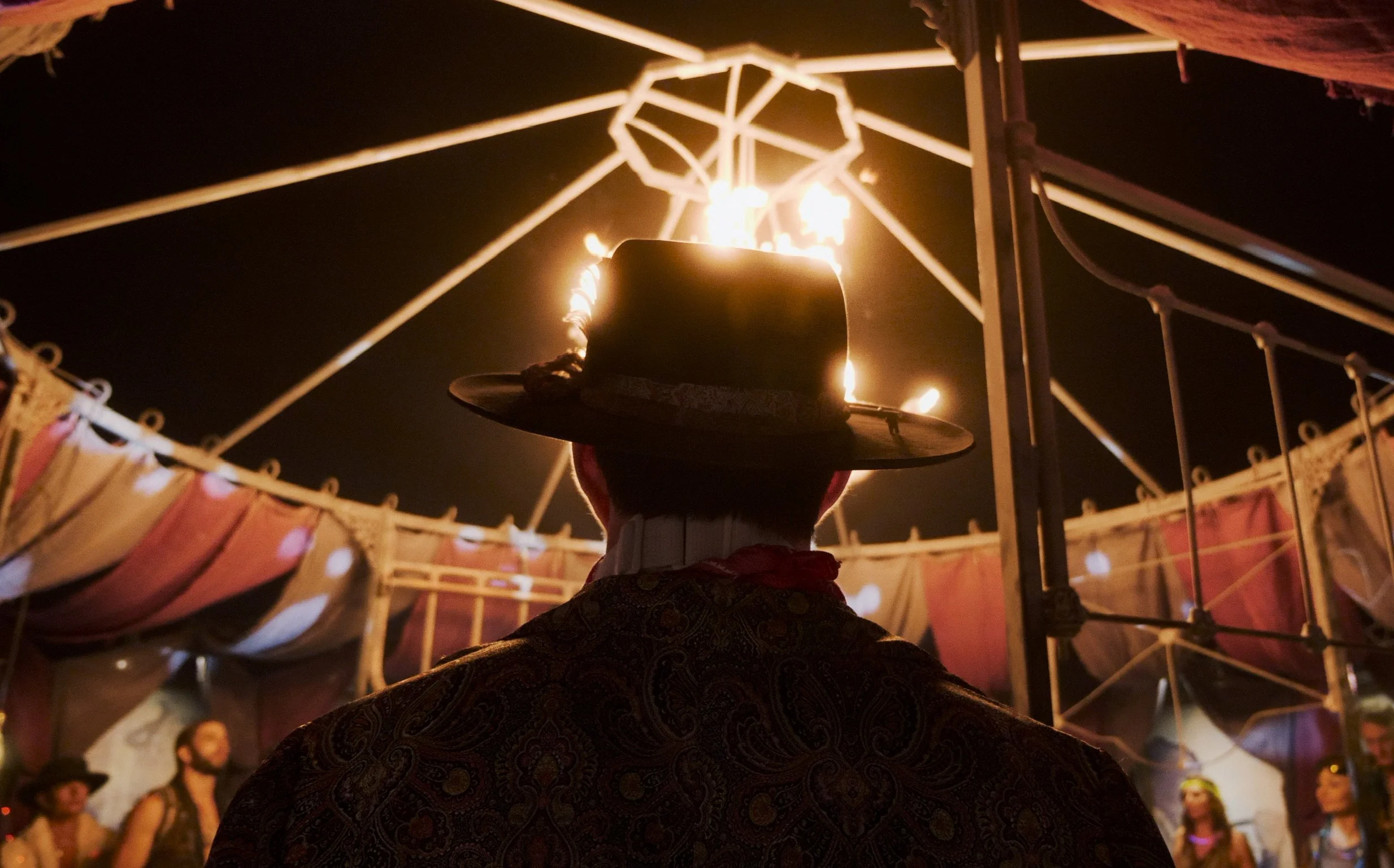Navigating the Documentary Landscape: Licensing vs. Owning Intellectual Property
In the dynamic world of documentary filmmaking, one of the critical decisions filmmakers face is whether to license or own the intellectual property (IP) they utilize. This choice can significantly impact the production process, distribution opportunities, and long-term sustainability of the project. Let's delve into the complexities of licensing versus owning IP in the documentary field to understand their implications.
Understanding Intellectual Property in Documentaries
Intellectual property encompasses various creative assets, including footage, music, photographs, artwork, and interviews, which are fundamental to documentary filmmaking. Securing the rights to these elements is crucial for ensuring legal compliance and protecting the integrity of the project.
Licensing Intellectual Property
Licensing IP involves obtaining permission from the rights holders to use their assets for a specified purpose, duration, and often at a negotiated fee. In the documentary realm, licensing offers flexibility and cost-effectiveness, particularly for independent filmmakers with limited budgets. It allows access to a diverse range of content without the upfront investment associated with ownership.
When licensing intellectual property, filmmakers must navigate the intricacies of copyright law, negotiate terms with rights holders, and adhere to usage restrictions. Clearances may vary depending on the type of content and intended distribution channels, requiring meticulous documentation and legal counsel to ensure compliance.
Pros of Licensing:
1. Cost-Effective: Licensing can be more budget-friendly than purchasing outright, especially for independent productions with limited resources.
2. Flexibility: Filmmakers can access a wide array of content without committing to long-term ownership, tailoring their selections to the project's specific needs.
3. Reduced Risk: Licensing mitigates the risk of potential legal disputes or infringement claims, as rights holders retain control over their assets.
Cons of Licensing:
1. Limited Rights: Licensing agreements often impose usage restrictions, such as geographical limitations, time constraints, or platform-specific permissions, which may hinder the film's distribution or future adaptations.
2. Renewal Costs: Renewing licenses for ongoing usage can incur additional expenses over time, potentially surpassing the initial investment of purchasing rights outright.
3. Dependency: Filmmakers rely on the cooperation of rights holders, whose changing circumstances or priorities may impact the availability or terms of licensing agreements.
Owning Intellectual Property
Alternatively, owning intellectual property grants filmmakers complete control and autonomy over the assets they incorporate into their documentaries. This approach involves purchasing rights outright or commissioning original content, providing greater flexibility and long-term security for the project.
Pros of Owning:
1. Unrestricted Usage: Ownership enables filmmakers to utilize the content as they see fit, without the constraints of licensing agreements or recurring fees.
2. Long-Term Investment: Owning intellectual property grants filmmakers perpetual rights to the content, facilitating future distribution, monetization, and adaptations across various platforms.
3. Creative Control: Filmmakers retain full creative autonomy, allowing them to integrate the content seamlessly into their narrative vision without external constraints.
Cons of Owning:
1. Higher Costs: Acquiring intellectual property outright can be financially prohibitive, especially for independent filmmakers or projects with limited budgets.
2. Legal Responsibilities: Ownership entails legal responsibilities, including copyright management, clearance verification, and potential liability for infringement or disputes.
3. Resource Intensive: Managing owned intellectual property requires ongoing maintenance, documentation, and rights management, which can be resource-intensive and time-consuming.
Conclusion: Finding the Right Balance
In the documentary field, the decision between licensing and owning intellectual property is not always straightforward. Filmmakers must weigh the benefits and drawbacks of each approach against their project's budget, scope, distribution strategy, and long-term goals.
Some productions may benefit from the flexibility and cost-effectiveness of licensing, while others may prioritize the creative control and security of owning intellectual property. Ultimately, finding the right balance between licensing and ownership is essential for navigating the complexities of documentary filmmaking and bringing compelling stories to audiences worldwide.

